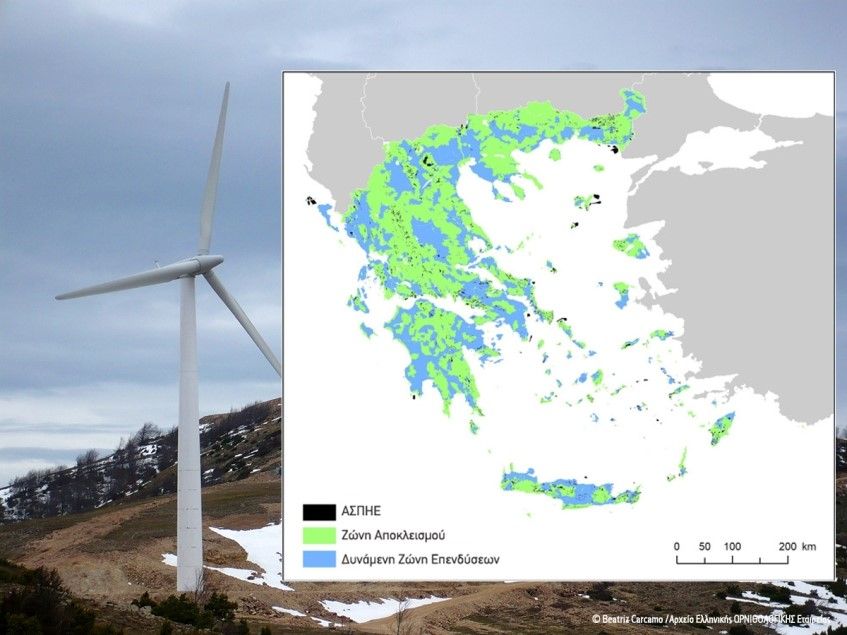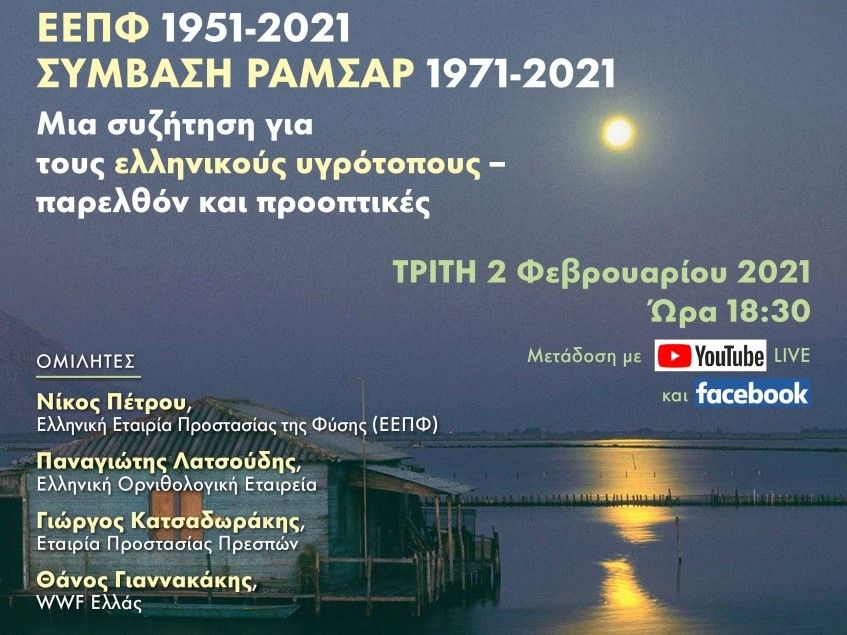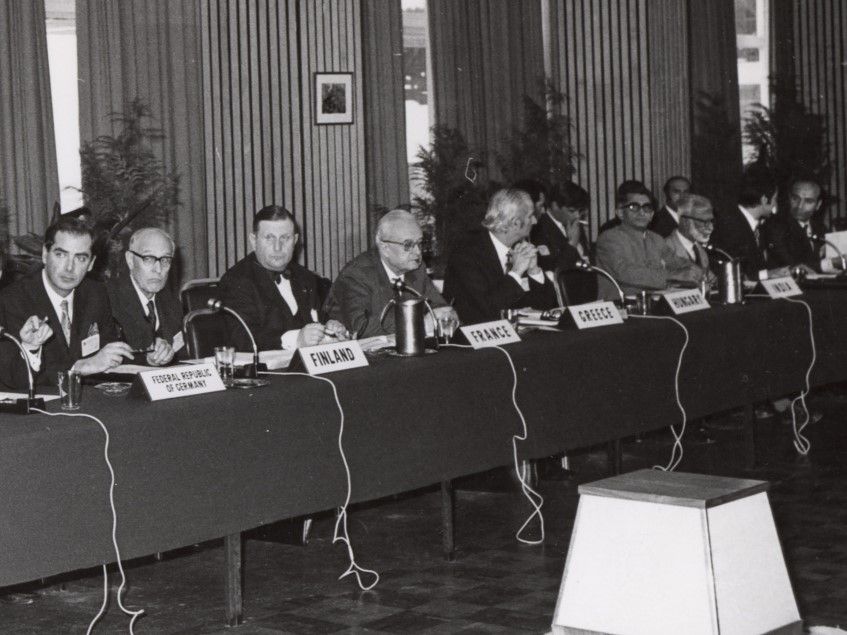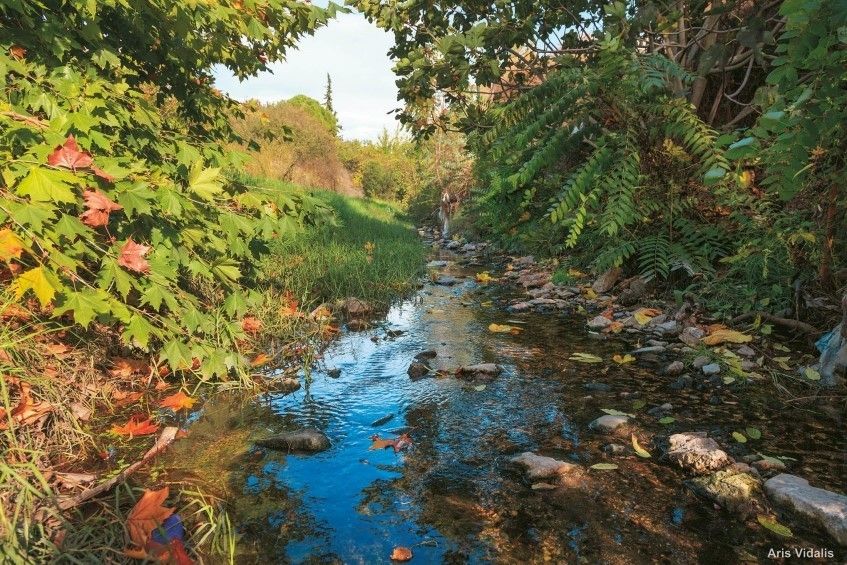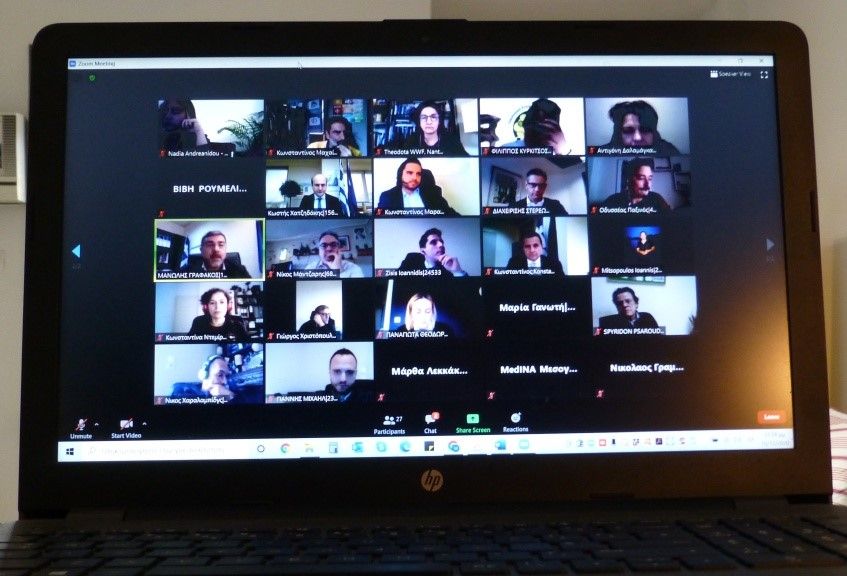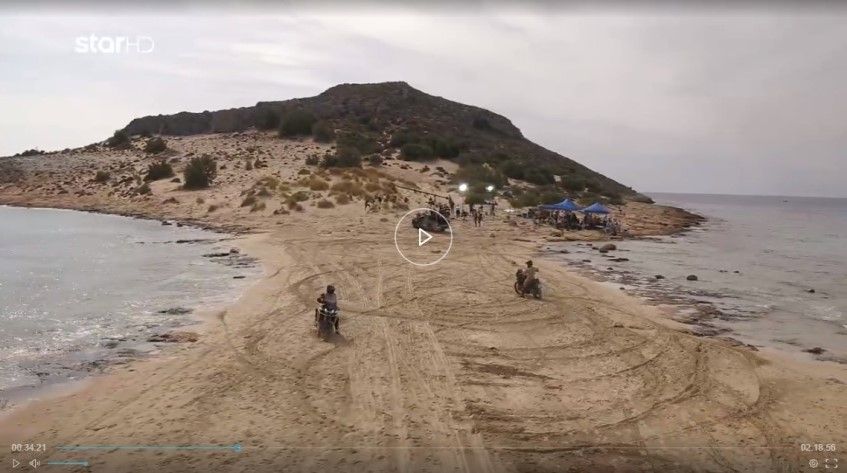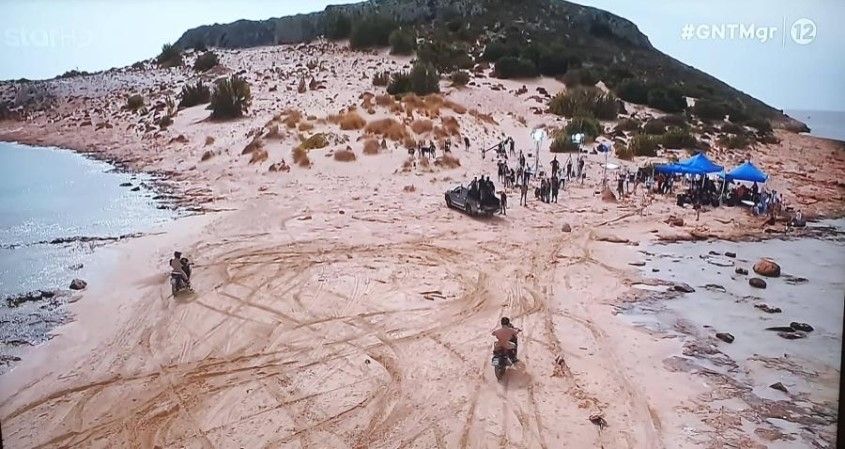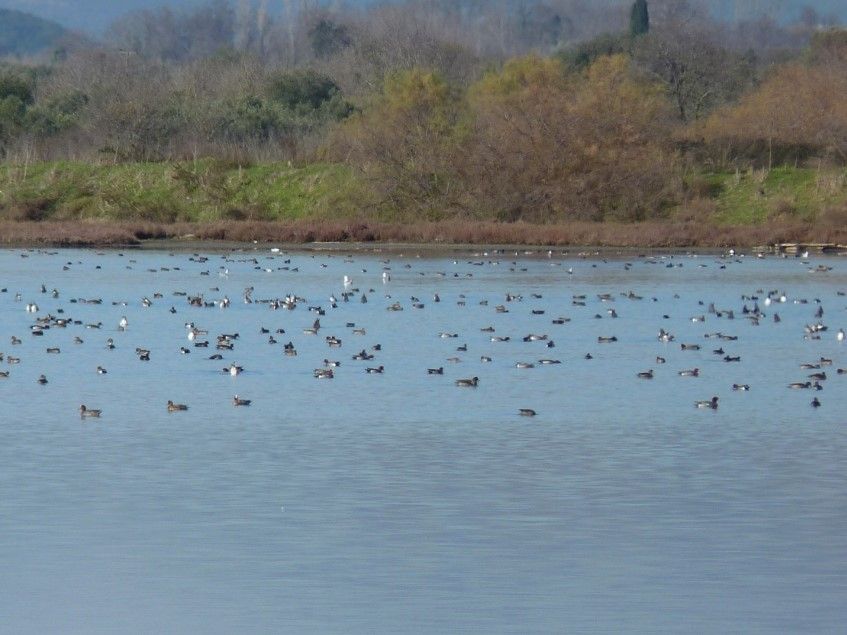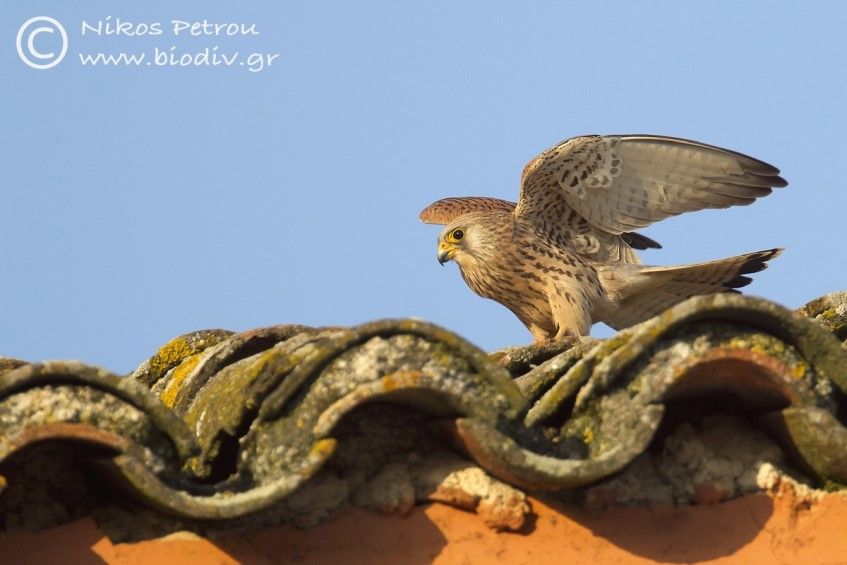- Details
Nikos Petrou, the president of the HSPN, is contributing to these efforts today with his presentation and webinar to Greek Canadians on the subject of Biodiversity of Greece and its protection.
The presentation/ virtual event will take place on Wednesday 17 February 2021, 12.00PM EST (19.00 Greek time). For more information, and for registration, here.
- Details
It proposes a viable scenario for the installation of wind farms, by classifying Greece into two zones. The exclusion zone (wind-farm free zone) includes the Natura 2000 areas, as well as other ecologically sensitive areas of minimal human disurbance and landscapes of great naturalness, i.e. those with a low degree of fragmentation from artificial surfaces and roads. The rest of Greece is defined as a potential investment zone.
The need to take into consideration science-based research is high and the timing is critical for the revision of the Spatial Planning for renewable Energy in Greece. Currently, preparation of the Special Environmental Studies for protected areas is under way, and the Presidential Decrees defining land uses and permitted activities within protected areas will be based on the said studies. This research paper can form the basis of the public debate on the location of wind farms in Greece with the aim of mitigating conflicts at both environmental and social level.
- Details
The state of wetlands today and their two-way relationship with birds, bright moments like Prespa, small island wetlands, but also poaching, lack of full institutionalized protection, inability to manage multiple uses and other threats, are issues we will touch on.
Speakers:
-Nikos Petrou, President, Hellenic Society for the Protection of Nature
-Panagiotis Latsoudis, President, Hellenic Ornithological Society
-George Katsadorakis, Scientific Advisor, Society for the Protection of Prespa
-Thanos Giannakakis, Coordinator for nature based solutions, WWF Greece
Chair:
-Miltos Gletsos, Nature Action Coordinator, HSPN
- Details
Then, on 2 February 1971, in Ramsar, Iran, our country was represented by the Secretary-General of the HSPN, Mr. Byron Antipas. It was a culmination of 20 year efforts by him and the other pioneers of the nascent nature protection movement in Greece.
Leading naturalists, HSPN members, had developed scientific proposals for the recording, protection and management of forests and wetlands. And they had set, since 1951, two decisive parameters: institutional protection, and cooperation with the local communities.
Celebrating the anniversary of the RAMSAR Convention, and at the same time its own 70 years of operation and actions, the HSPN organizes an online event next Tuesday, February 2nd at 6:30 p.m. about the years that have passed and what is coming, with guests from the Hellenic Ornithological Society, the Society for the Protection of Prespa and WWF Greece.
- Details
The Court accepted the action by the Hellenic Society for the Protection of Nature, the Hellenic Ornithological Society, Anima, the Citizens Movement of Ilioupoli, as well as active citizens, residents of the area who for many years have been defending Pikrodafni.
The decision of the CoS annulled the approval of environmental terms of the project "Reconstruction of the Pikrodafni stream from Vouliagmeni avenue to its mouth" of the Region of Attica. Pikrodafni, whose name in Greek means 'oleander', is one of the last streams of the Athenian basin that hosts a largely natural ecosystem. The planned projects, which were cancelled by the CoS, would essentially turn it into a concrete rainwater conduit; moreover they would not deal with the illegali constructions in parts of the streambed and the other chronic problems of the stream (narrow bridges, illegal dumping, etc.).
- Details
1. Recycling Law
2. Energy communities
3. Wildlife care centres
4. Protected area management bodies
5. Spatial plan for renewable energy
6. Illegal killing - wildlife trafficking
- Details
In the press release, it is noted that Elafonisos, due to its high ecological value, is a protected Special Conservation Zone of the Natura 2000 Network (code GR2540002). The locations where the TV show was filmed are habitats protected by European and Greek legislation (codes 2110, 2120 and 2250). Rare plants are found there, such as Centaurea pumilio, an endemic to the East Mediterranean listed as "Vulnerable" by the Red Data Book of rare and endangered plants of Greece, as well as the stenoendemic Saponaria jagelii a "Critically Endangered" species according to IUCN.
The full text of the joint Press Release, in Greek, is available here.


- Details
The affected area is home to European priority habitats and endangered endemic plants. According to Greek and EU legislation, the off-road movement of motor vehicles in ecologically sensitive areas, such as the shorelines, sand dunes, and EU priority habitats, is prohibited outright.
For the HSPN, which has been working on protected areas, environmental education and awareness-raising for 70 years, the negative and counterproductive message of such an action is just as serious as the ecological and legal aspects of the case. It can lead to a repetition of such actions, it shows an utter lack of education and empathy, it descredits the concept of protected areas, and it embarasses us as a country.
- Details
For this very reason, in Greece the use of lead gunshot for hunting in wetlands has been banned as early as 2013, and the same is true in many European countries (albeit not all), as well as in Canada and the USA. There are alternatives that have been effectively implemented for many years.
- Details
The Lesser Kestrel needs your help! The new LIFE project for the protection of Lesser Kestrel (Life for Lesser Kestrel“ LIFE19 NAT/BG/001017) taking place in Greece and in Bulgaria, with HSPN participation, requires a logo and a slogan.
You can help by taking part in the contest organized by the environmental organization Green Balkans, the coordinator of the project. You can send your ideas to hhristova@greenbalkans.org, in English, till the 30th November, copied to info@eepf.gr. The organizers will reward the winner with a two-day trip for two persons in Sakar in Bulgaria, to admire the beauty of Lesser Kestrels (The realization of the trip will depend on the coronavirus measures at that time, and in consultation with the organizer, Green Balkans).
We look forward to your ideas relating to the logo and to a brief slogan for the conservation of Lesser Kestrel.




